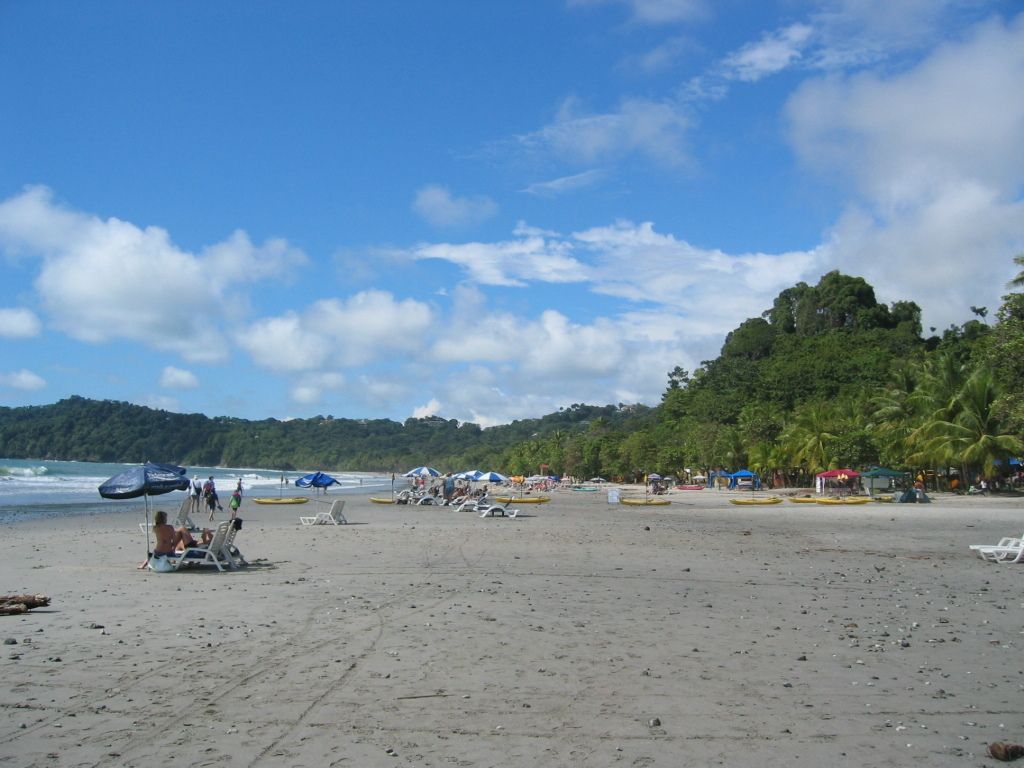Exploring Coffee Consumption: Potential Role in Preventing Colorectal Cancer
Got some exciting scoop about coffee and that nasty colorectal cancer business! Turns out, according to the insightful folks at the World Cancer Research Fund (WCRF), there's a solid link between sipping down some java and a lower risk of developing colorectal cancer.
Now, here's the teaspoons (or cups, if you will) on this matter. A study in the International Journal of Cancer found that imbibing a whopping 4 cups of coffee daily was associated with a tasty 32% lower risk of recurring colorectal cancer. This study had a delicious 1,719 participants with colorectal cancer in stages 1 through 3.
So, what's the secret ingredient in this magical brew? Well, it seems coffee may assist by:
- Slashing oxidative stress
- Aiding the gut bacteria (the cool crowd in your GI tract)
- Sabotaging tumor growth
- Helping to safeguard against nonalcoholic fatty liver disease
Oh, and the WCRF also tosses around some data suggesting that coffee drinkers have a lower risk of colorectal cancer compared to those who swear off the stuff.
Now, here's the twist. Caffeinated and decaffeinated coffee have differential effects. The former has an association with an increased risk of rectal cancer, but there's no connection with colon cancer. So, apparently, our body processes the two brews differently.
Wanna know how to prevent this pesky colorectal cancer? Consider:
- Getting Physical: Engage in some exercise
- Balanced Eating: Go for a nutritious diet
- Avoid Tan and Fermentation: Steer clear of tobacco and alcohol
Check this out for more intel:
- Coffee: Cancer's worst nightmare?
- Foods that kick cancer to the curb
- Diet, exercise, and cancer risk: The crossroads
[1] Cancer Prevention. (n.d.). Retrieved from https://www.fsis.usda.gov/wps/portal/fsis/topics/live-healthy-eat-safe/focus-on-food/cancer-prevention
[2] American Institute for Cancer Research. (2019). Colorectal Cancer Prevention: Nutrition, Physical Activity, and Weight Management. Retrieved from https://www.aicr.org/cancer-prevention/diet-and-cancer/colorectal-cancer-prevention.html
[3] Mayo Clinic. (2022). Healthy lifestyle choices may lower colorectal cancer risk. Retrieved from https://www.mayoclinichealthsystem.org/hometown-health/speaking-of-health/healthy-lifestyle-choices-may-lower-colorectal-cancer-risk
[4] Cancer Research UK. (2021). Colon and rectal cancer. Retrieved from https://www.cancerresearchuk.org/about-cancer/bowel-cancer/causes/diet-food-and-colorectal-cancer
- The World Cancer Research Fund has found a link between coffee consumption and a lower risk of developing colorectal cancer, a medical condition that falls under the field of oncology.
- In a study published in the International Journal of Cancer, drinking four cups of coffee daily was associated with a 32% lower risk of recurring colorectal cancer, particularly in individuals with early-stage colorectal cancer.
- Coffee may help reduce the risk of colorectal cancer by slashing oxidative stress, aiding the gut bacteria, sabotaging tumor growth, and safeguarding against nonalcoholic fatty liver disease, according to new findings in health and wellness research.
- Interestingly, the study also found that caffeinated coffee has a connection with an increased risk of rectal cancer, while there's no association with colon cancer, hinting at differences in the way our bodies process the two brews.




